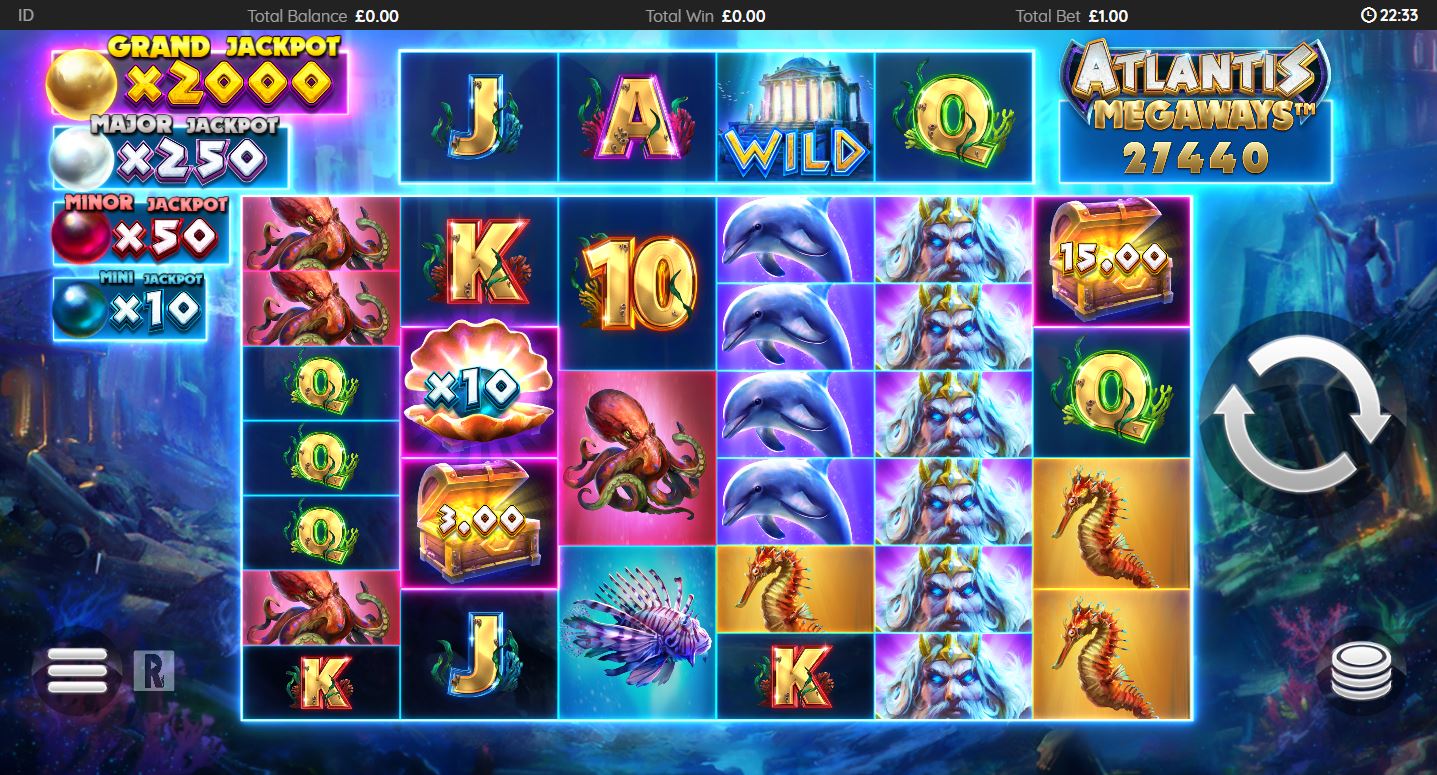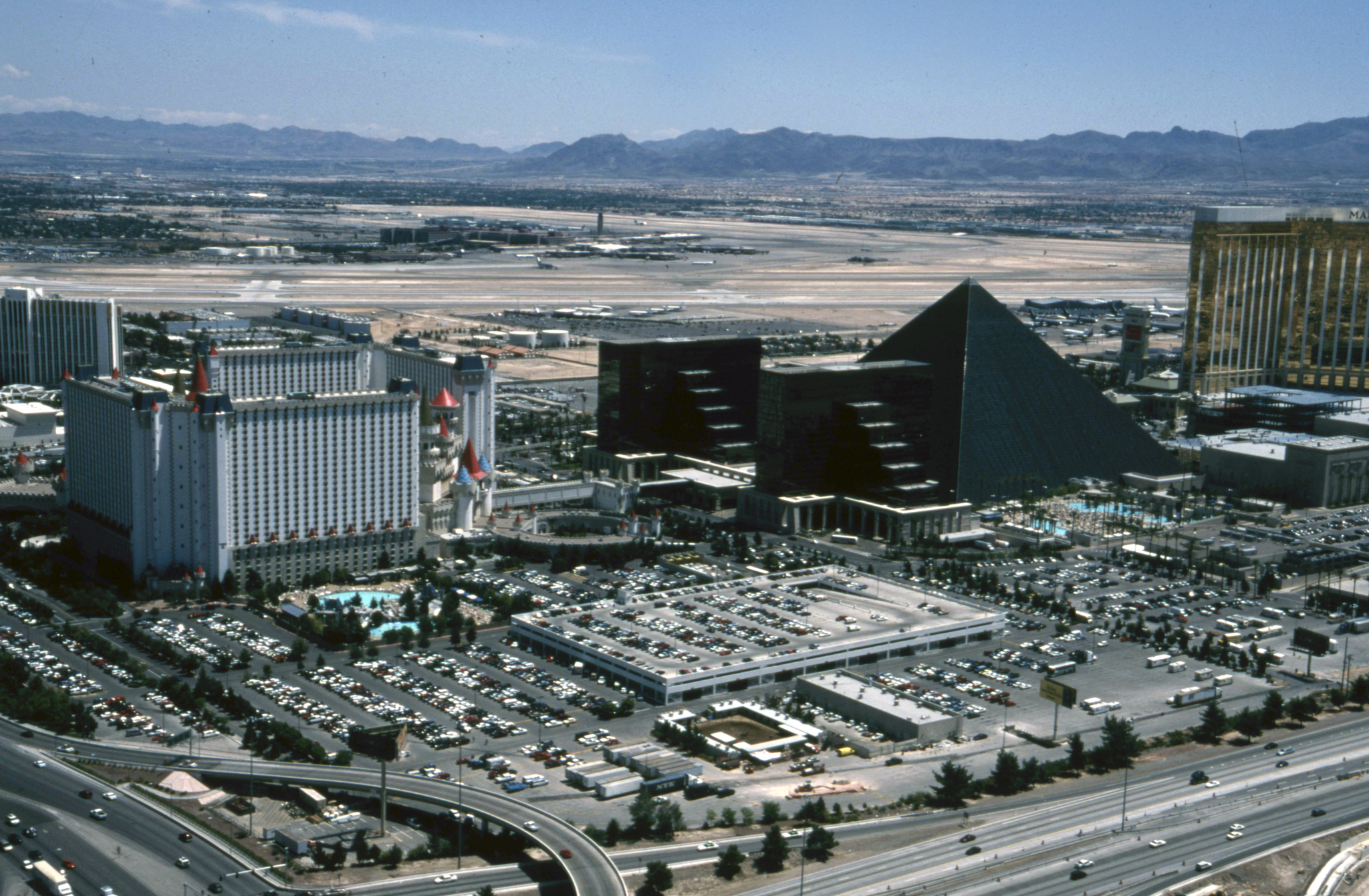
In a notable shake-up to a long-standing practice in Las Vegas’s gaming culture, several major casinos on the Strip have announced they will no longer accept poker chips from other casino properties, signaling the end of a tradition that many long-time players and tourists had come to rely on. The change, set to go into effect on August 1, 2025, has already stirred debate among industry insiders, players, and casino employees alike, as it alters the convenience and fluidity with which patrons have historically navigated the city’s gambling landscape.
For decades, it was something of an open secret that Vegas casinos—particularly those clustered on the Strip—would honor each other’s poker chips, especially when it came to high rollers or frequent guests. While not codified in law, this informal chip redemption policy acted as a kind of gentleman’s agreement among resort operators. Players could, for example, take a stack of chips won at Caesars Palace and cash them at Bellagio, or vice versa, with little fuss. It was seen as part of the friendly competitiveness that allowed Las Vegas to thrive as a unified entertainment capital, rather than a cutthroat patchwork of rivalries. But those days are drawing to a close.
According to several industry sources and confirmation from the Nevada Gaming Control Board, this practice will now be fully discontinued at many of the Strip’s most prominent casinos. Although some properties, such as MGM Resorts and Caesars Entertainment venues, had already begun limiting such redemptions—particularly for low-limit or non-loyalty club patrons—the new policy represents a more definitive and system-wide stance. No longer will exceptions be made, even for high-limit players. Patrons will be expected to cash in their chips before leaving the property where they were earned, or risk being unable to redeem them elsewhere.
One of the key drivers behind this shift is a rising concern over counterfeit chips and associated fraud. While such incidents remain relatively rare, they can carry substantial financial implications when they do occur. With the increased sophistication of forgery techniques, thanks to modern materials and printers, casino operators have grown wary of accepting foreign chips without full oversight and accountability. This is particularly true in poker rooms, where chip circulation is fast and often involves large sums.
Another factor is the growing use of advanced technology in gaming environments. Many casinos are now deploying smart tables and radio frequency identification (RFID) tracking systems that can verify the legitimacy of a chip in real time. These systems are highly effective—but only within a closed ecosystem. A chip coded and registered to one casino’s database will not necessarily be recognized by another’s system. Standardizing chip use within a single property enables the seamless integration of these technologies, improves surveillance accuracy, and reduces opportunities for fraud or error. In this sense, the move is partly driven by the tech evolution of modern casino floors.
As for whether casinos are introducing entirely new chips or simply halting the cross-casino acceptance of existing ones, the answer appears to be both. While many properties are not immediately rolling out brand-new chip designs, several are implementing incremental updates to their existing sets—such as introducing chips with embedded RFID tags or subtle redesigns to help surveillance teams identify and track them more efficiently. This ensures a gradual phasing out of legacy chips that may have circulated beyond their home base. Players holding outdated or untrackable chips may find that they are no longer valid unless cashed out promptly.
This transition, though logistically sensible from an operator’s standpoint, is expected to cause confusion and inconvenience for a segment of the tourist population. Casual players, in particular, who may not be familiar with the nuances of individual casino policies, often treat chips like universal currency within the city. It is not uncommon for a guest to spend the day hopping between resorts, pocketing chips here and there, only to discover later that their winnings are only redeemable at the original property. Such scenarios may now result in either lost value or an unwanted return trip across the Strip to redeem a forgotten chip.
The impact may be even more pronounced during peak tourist seasons or large-scale events, such as conventions and sports championships, when casino-hopping is more frequent. Operators are aware of the potential backlash and have been advised by the Nevada Gaming Control Board to clearly post chip redemption policies in visible areas on the gaming floor and at cashier cages. Transparency, they hope, will mitigate the fallout from the change.
Despite the anticipated friction, casino executives argue that the shift is necessary to protect the integrity of their financial systems and to prepare for a future where digital chips, blockchain audits, and smart-table interconnectivity are the norm. The industry is already leaning into tighter surveillance, more sophisticated auditing, and automation. Limiting chip use to property-specific environments aligns with these priorities and supports tighter integration of loyalty programs, data analytics, and customer spending behavior.
For local players and high-stakes regulars, the change may have a minimal impact. Most already maintain relationships with specific properties and tend to cash out regularly. But for the everyday tourist—the backbone of the Vegas economy—the message is clear: chips are no longer portable souvenirs or placeholder currency. They’re location-locked assets that must be treated with the same caution as any casino-specific voucher.
As August 1 approaches, casinos are beginning to ramp up efforts to inform players. Signage is going up, cage staff are trained to field questions, and player club representatives are handing out printed reminders. Whether these efforts will be enough to head off frustration remains to be seen.
Ultimately, this move reflects a broader shift in Vegas: a city once defined by loose norms and fluid practices is now tightening its systems in pursuit of greater control, security, and modernization. The chips may still clack and shuffle across green felt, but their boundaries are now clearly drawn.
FAQ: The End Of Vegas Casino Chip Cross-over
1. What is the new policy about poker chips in Las Vegas casinos?
Starting August 1, 2025, many major casinos on the Las Vegas Strip will no longer accept poker chips from other properties. Chips must be cashed out at the casino where they were originally won.
2. Why are casinos making this change now?
The move is driven by concerns over counterfeit chips, security, and financial accountability. It’s also influenced by the growing use of RFID-enabled smart tables and tracking technologies that work best with property-specific chips.
3. Were chips from different casinos always accepted before?
Historically, many casinos—especially on the Strip—informally honored each other’s chips, particularly for high rollers or regular patrons. That practice has been declining in recent years and is now being formally phased out.
4. Are casinos issuing entirely new chips?
Not necessarily. Some are updating existing chip designs with enhanced security features like RFID tracking, while others are simply stopping the acceptance of outside chips without changing the physical chip design right away.
5. Will all casinos stop accepting outside chips?
Most major Strip casinos, including those under MGM Resorts and Caesars Entertainment, are expected to follow the new policy. Smaller or off-Strip properties may still have different rules, but the trend is clearly moving toward tighter restrictions.
6. What happens if I try to redeem another casino’s chips?
You’ll likely be told the chips are not valid at that property, and you’ll need to return to the original casino to cash them out. Unredeemable chips may be considered void if held too long or if policies tighten further.
7. Can I still use chips for future visits to the same casino?
Yes. Chips from a specific casino will still be valid at that property on your next visit, unless they are phased out or replaced with new versions. It’s wise to check in advance or redeem them before leaving town.
8. Will this affect table games, poker, and slots equally?
This policy primarily affects poker chips used in table games. Slot machines use tickets and digital credits, which are already property-specific. Poker and table players are the most directly impacted.
9. Are high-limit or VIP players exempt from the new policy?
No. While there were previously exceptions for high-limit players, the new rules are designed to be standardized across player levels. VIPs are still encouraged to redeem chips at the property of origin.
10. Is this policy change connected to new casino technologies?
Yes, in part. Smart tables, RFID chips, and real-time tracking systems are becoming more common. These technologies require property-specific integration, which is not compatible with chips from outside sources.
11. What should I do to avoid issues with my chips?
Always redeem your chips before leaving the casino where you won them. Don’t assume another casino will accept them. Treat chips as you would a non-transferable gift card or voucher: they only work at their home location.



